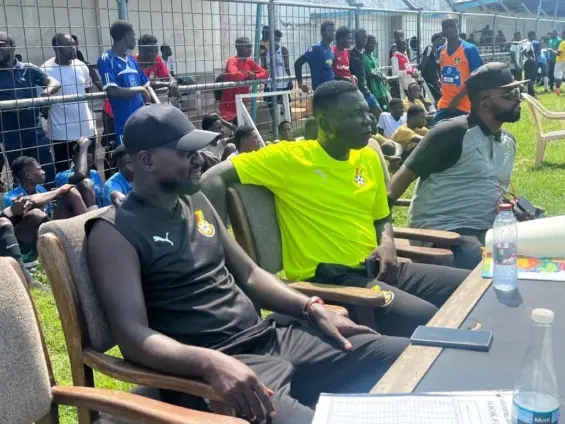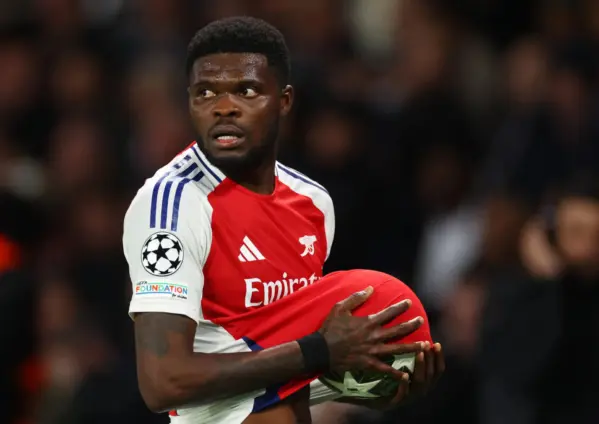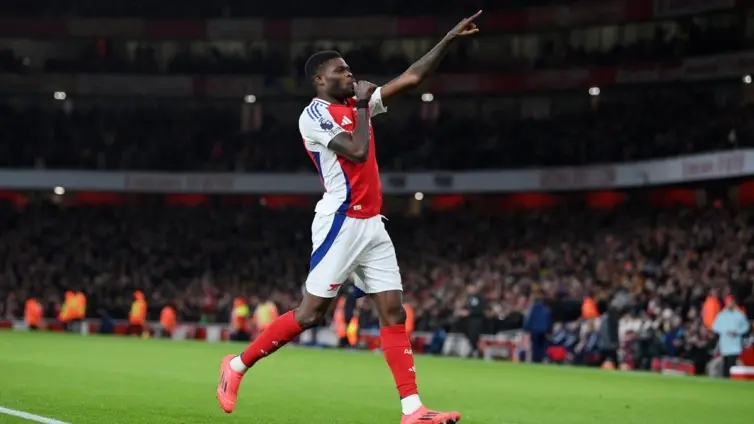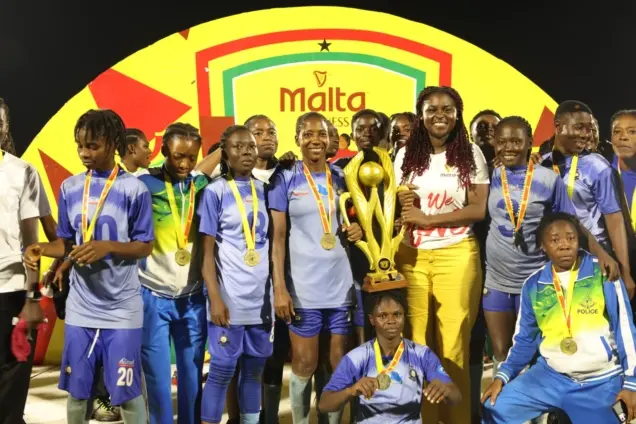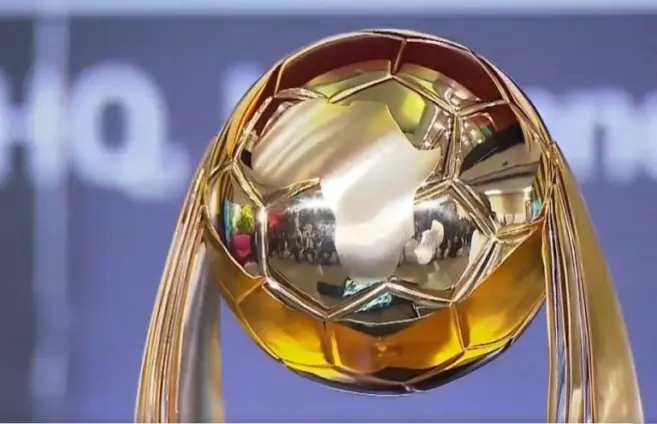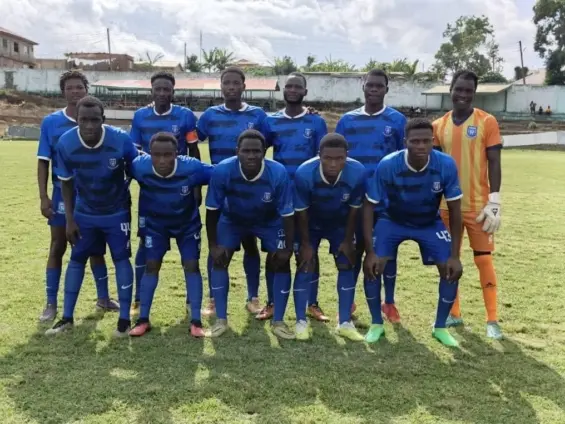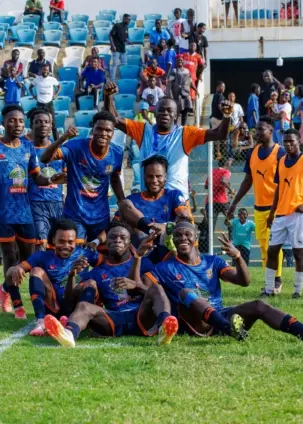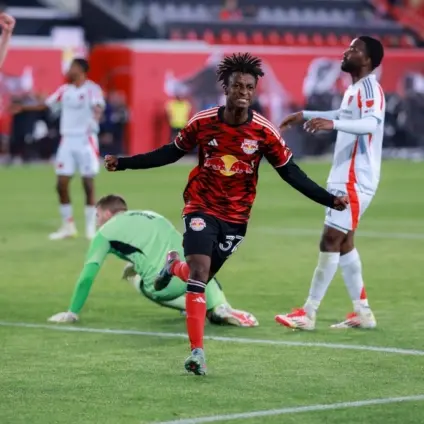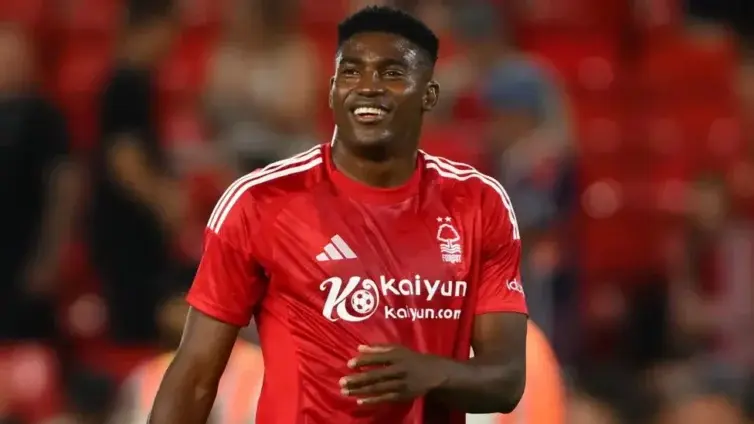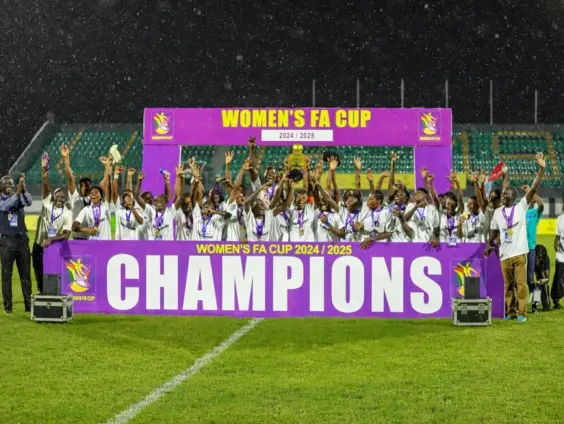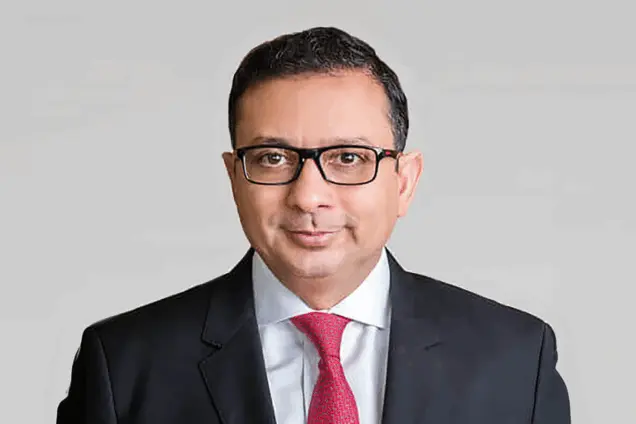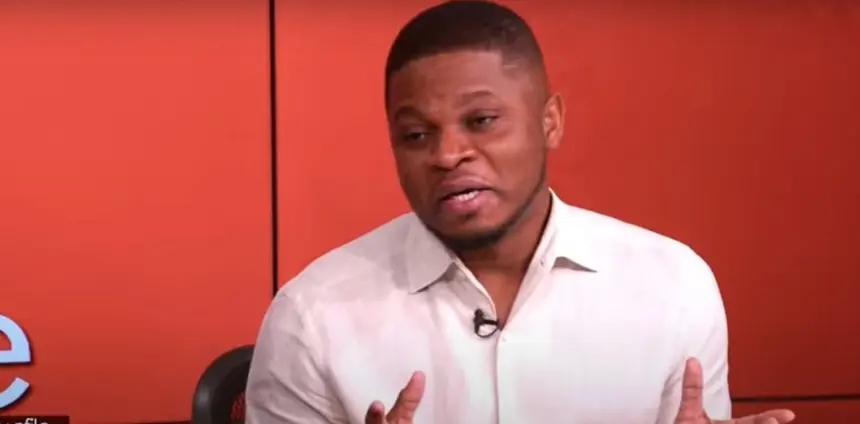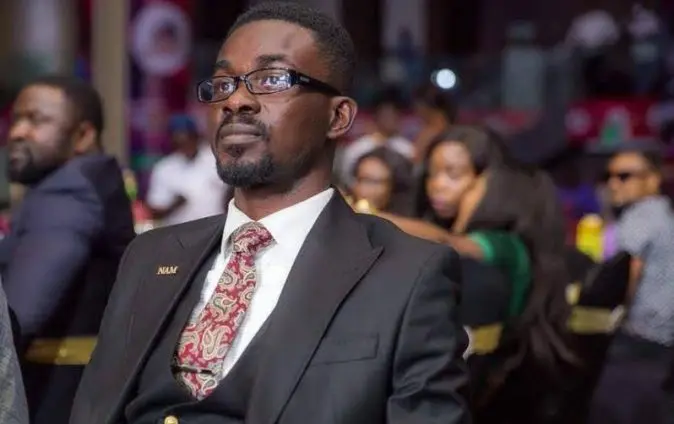The Ghana national team’s recent struggles to find the back of the net have cast a spotlight on a growing concern within Ghanaian football: a distinct lack of prolific goal-scorers. While the nation boasts talented midfielders and increasingly skillful wingers, the pipeline of reliable strikers seems to have dried up. This issue has been brought to the forefront by Ghana U17 head coach Frimpong Manso, who has lamented the shift in player preference towards wingers, raising alarms about the future of goal-scoring prowess in the country. Ghanaian football strikers are becoming a rare commodity, a worrying trend highlighted by Frimpong Manso.
Manso’s observation points to a fundamental change in the aspirations of young Ghanaian footballers. Where once aspiring midfielders dominated the youth ranks, a new generation is emerging, captivated by the allure of the wings.
At first, if you ask 8 out of 10 Ghanaian players, they will tell you they are midfielders. But now it is shifting to wingers. They all say, ‘I am a winger.’
Frimpong Manso
This shift, as Manso suggests, has significant implications for team dynamics and player development. A team overly reliant on wingers might lack the central attacking presence needed to break down stubborn defenses and convert chances into goals. It also raises questions about whether young players are being guided towards positions that best suit their natural talents and the team’s overall needs.
The rise of wingers in Ghanaian football is not happening in a vacuum. The global stage is dominated by wingers, and their influence extends to impressionable young players worldwide. The mesmerizing skills of Lionel Messi, for instance, have inspired countless youngsters to emulate his style of play, leading them to gravitate towards the wings.
I am a winger because of Messi and others. It is influencing certain people, mostly youngsters.
Frimpong Manso
While idolizing successful players is a natural part of development, the potential downside is that young players may overlook other positions, including the crucial role of the striker. The question then becomes, is this a positive influence or a trend that needs to be carefully managed?
The consequences of this positional shift are most evident in the dwindling number of natural strikers coming through the ranks. The U17 coach has observed the situation:
With strikers, it has decreased very much.
Frimpong Manso
This decline raises concerns about the future of Ghana’s attacking options. The position requires a unique blend of qualities – sharp positioning, clinical finishing, physical strength, and tactical awareness. If fewer young players are honing these skills, the national team could face a prolonged period of goal-scoring difficulties.
Ghana’s struggles to find consistent goal-scorers at the senior level might be a symptom of this underlying problem. While individual talents may emerge, the lack of a steady stream of quality strikers suggests a systemic issue within youth development. This has significant implications for Ghana’s competitiveness in international tournaments, as a team’s ability to score goals is often the deciding factor between victory and defeat.
Addressing the imbalance requires a multi-faceted approach, starting with coaching and development strategies at the youth level. Encouraging young players to consider playing as strikers, highlighting the importance of the position, and providing specialized coaching are essential steps. Coaches must also foster a balanced approach to player development, ensuring that all positions receive adequate attention.
Promoting local Ghanaian heroes can also inspire the next generation of strikers. Showcasing the achievements of past Ghanaian strikers, like Tony Yeboah or Asamoah Gyan, can ignite the passion of young players and motivate them to pursue the position. These role models demonstrate that success as a striker is attainable and can lead to national recognition. Furthermore, highlighting players in the Ghana Premier League can serve as a beacon, encouraging rising stars to pursue their dreams.
Frimpong Manso’s concerns serve as a wake-up call for Ghanaian football. The decline in Ghanaian football strikers is not merely a positional preference; it is a potential threat to the nation’s future on the pitch. Addressing this imbalance requires a concerted effort from coaches, players, and fans alike. The future of Ghanaian football relies on strategic intervention to cultivate a new generation of prolific goal-scorers.
Image Source: MYJOYONLINE

